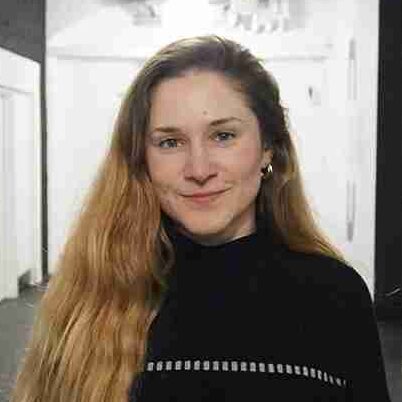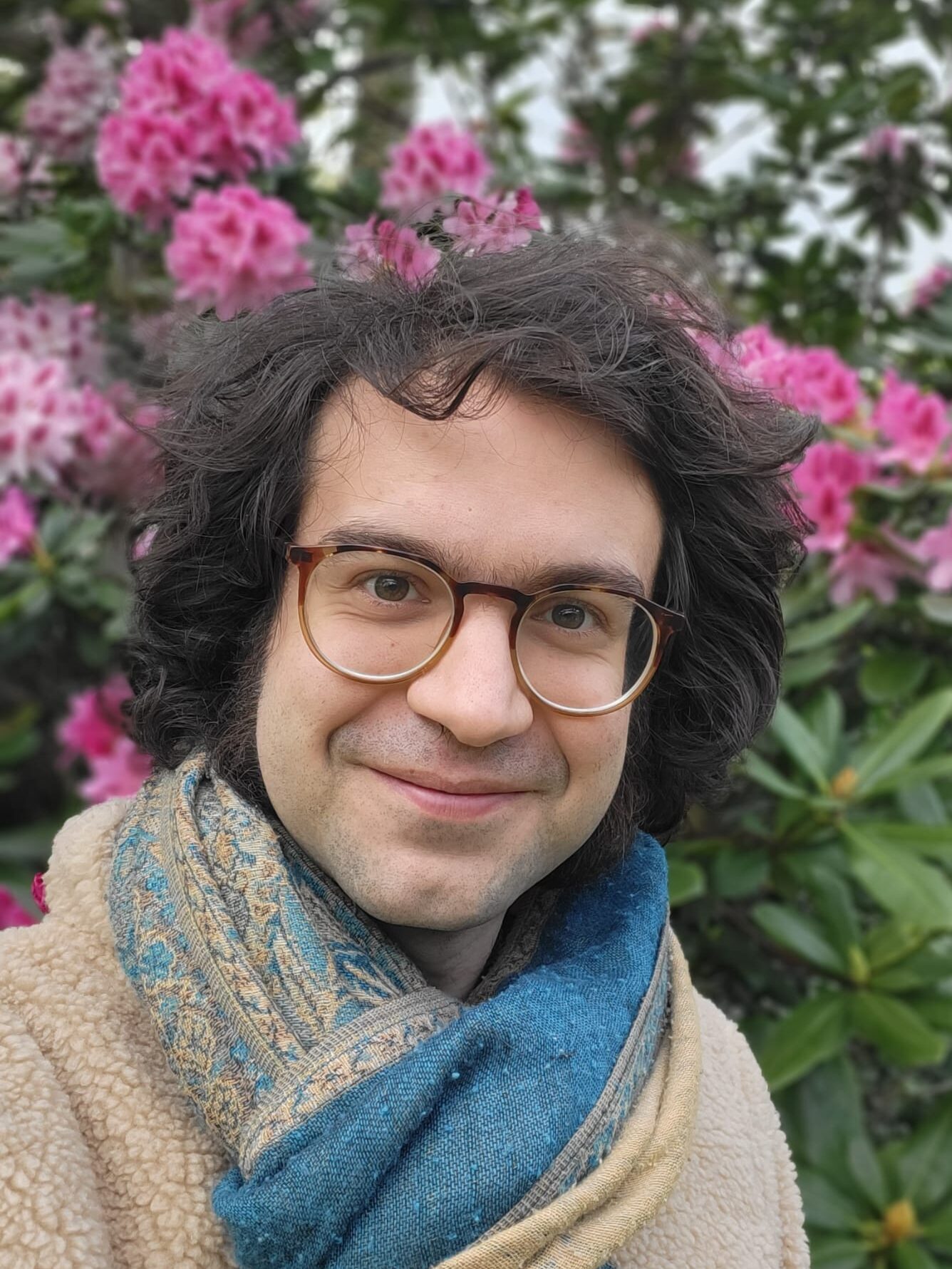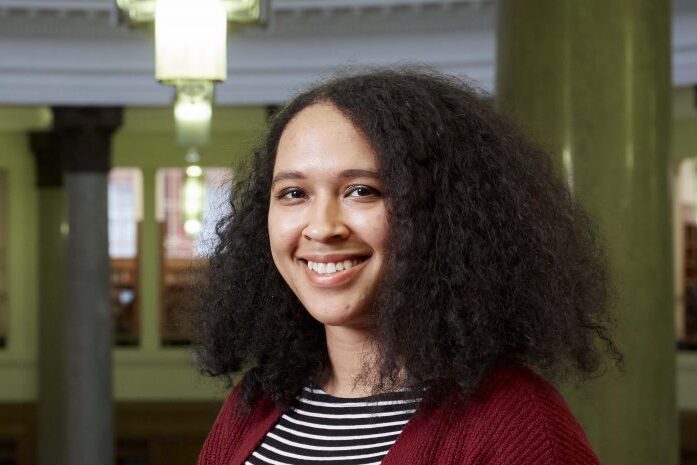A community for researchers of all musics that are mediated, consumed, or discussed online.
We are excited to announce the December 2025 publication of Popular Music and Online Cultures, a special issue of the Journal of Popular Music Studies. Please read our guest editors’ introduction article, which is something of a MOCReN manifesto, here.
We ran a delightful conference on music and online cultures in a changing platform ecosystem in Lisbon in June 2025. You can read working papers from the conference here.

What we do
Why?
Research on music and online cultures covers a range of topics, such as:
- streaming services,
- livestreaming platforms,
- social media,
- fan communities, and
- generative artificial intelligence.
There is a groundswell of academic interest in these areas of study, especially among postgraduate and early career researchers. MOCReN is an online home made for scholars wanting to meet, chat, and share with colleagues interested in this field.
The network was inaugurated in early 2023 and welcomes new members who study music and online cultures to help shape future directions.
Research Methods

There isn’t much ethical guidance designed specifically for research on online music cultures. Inspired by broader approaches like the Association of Internet Researchers’ ethical guidelines, we provide recommendations on best practice for music-based digital methods, explain research principles, and support statements to institutional review boards and peer reviewers.
We plan to develop an online, open-access, living document providing easily digestible, short-form guidance on methodological issues arising from research on music and online cultures.
Bibliography
Scholarship on music and the internet derives from many different disciplines. We maintain a library of relevant literature to help scholars find work in their area of study. The bibliography is hosted as a Zotero group, accessible here. It’s growing by the day! Suggestions for additions are welcome. There is a channel dedicated to this in the Discord server.

Events

We ran:
the Summer Symposium at the University of Salford in 2023
This was our inaugural in-person meeting. Alongside structured sessions mapping the terrain of an emerging scholarly field, this one-day symposium provided an opportunity to establish links between new-generation researchers, with the aim of sharing expertise and fostering future collaborations.
the Winter Workshop at the University of Bristol in 2024
This was a practical and collaborative research development event. The goal was to bring together researchers aiming to generate innovative research on music and online cultures. The event featured structured periods of collaborative work supplemented by instructional ‘how-to’ sessions, plus opportunities for networking. Six groups are now collaborating on articles for publication in a journal special issue.
and the international conference
music and online cultures in a changing platform ecosystem
in June 2025.
Discord Server
The MOCReN server is the conversational home of the network. We aim to cultivate an inclusive, welcoming, and collegial space. Our online events are hosted on Discord alongside a range of channels dedicated to discussion, sharing resources, calls for papers, and so on.
You will be asked to agree to a code of behaviour and verify your account using a captcha. This is to maintain ✨ good vibes ✨.
The steering committee act as volunteer moderators but are not trained community managers. If you would like to help run the server, just get in touch.
Steering Committee
We established the network in January 2023 at the Music and Online Cultures Kernel event hosted at the University of Bristol, supported by the British Academy Early Career Researcher Network.
You can get in touch at ✉️ mocren.hello@gmail.com.
Joana Freitas (NOVA University of Lisbon)
Joana is a PhD candidate in Musicology at the School of Social Sciences and Humanities of the NOVA University of Lisbon. She is an integrated researcher of the Centre for the Study of the Sociology and Aesthetics of Music (CESEM) and a member of the Research Clusters in Sound and Music in Digital and Audiovisual Media (CysMus) and Gender and Music (NEGEM), both integrated in the Group of Critical Theory and Communication (GTCC).
Her main areas of interest are video game music, audiovisual media, digital culture and online communities. She edited two volumes on YouTube and Music with Holly Rogers and João Porfírio and has published articles on the Journal of Sound and Music in Games, Contemporary Music Review, Sonic Scope, among others.

Steven Gamble (University of Southampton)
Stim is a Lecturer in Digital Humanities at the University of Southampton, specialising in the study of popular music, digital methods, and online music cultures.
He is the author of the books How Music Empowers: Listening to Modern Rap and Metal (Routledge, 2021) and Digital Flows: Online Hip Hop Music and Culture (Oxford University Press, 2024), and has also published widely in a range of music and internet studies journals.

Maria Perevedentseva (University of Salford)
Maria is a a Lecturer in Musicology at the University of Salford, specialising in the analysis of timbre and the history and criticism of electronic dance music and the popular avant-garde. She is currently working on the three-year project ‘Music and Platformization: The Algorithmic Mediation of Taste and Streaming Consumption Practices’ with colleagues from Brazil, Italy, the Netherlands and the UK, and has other research interests in cognition, linguistics, genre, and computational approaches to cultural analysis.
She has published work on timbre in Dancecult and house music in Sound Studies, and has chapters forthcoming in the Cambridge Companion to Electronic Dance Music, an Intellect Handbook of Popular Music Methodologies, and a volume on Music and the Internet.

Ed Katrak Spencer (Utrecht University)
Ed is Assistant Professor of Screen & Music Cultures at Utrecht University. His most recent project examined Beyoncé-related conspiracy theories online. In early 2023 he led a data sprint on this topic at the University of Amsterdam.
His publications include an Organised Sound article about YouTube comments on Electronic Dance Music uploads and various book chapters about North American dubstep (e.g. ‘Music to Vomit to’). He is currently co-editing a book titled Music and the Internet with Christopher Haworth and Daniele Sofer.

Jenessa Williams (Digital Civil Society Lab, Stanford)
Jenessa is a Postdoctoral Fellow at Stanford’s Digital Civil Society Lab. Her PhD thesis, on Music Fandom and #MeToo, explored how online music fan communities respond to allegations of celebrity sexual abuse across the intersections of race, gender, genre and respectability politics. Jenessa’s wider research interests explore ‘fangirl’ and ‘stan’ identities, as well as issues of diversity, inclusion, activism and wellbeing across the music industries.
Jenessa also works as a freelance music journalist, with work appearing in the likes of the Guardian, NME, the Forty-Five, Pitchfork, Alternative Press and Music Week.





